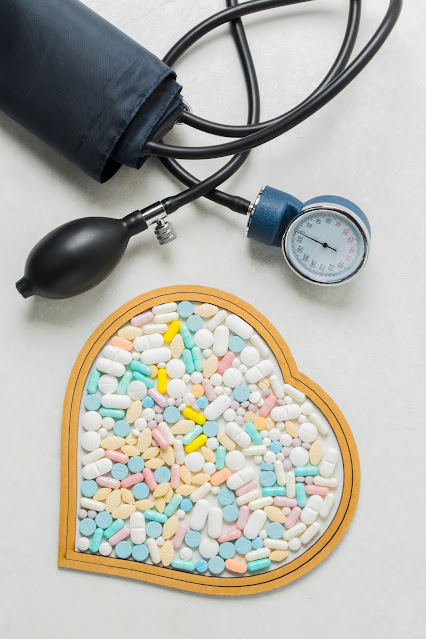Introduction
High cholesterol levels can significantly increase the risk of heart disease and stroke. While lifestyle changes such as diet and exercise are vital in managing cholesterol, medications are often necessary to achieve target levels. In this article, we'll explore the most common cholesterol medications and how they work to lower cholesterol levels effectively.
Understanding Cholesterol and Its Impact
The Role of Cholesterol in the Body
Explain the essential role of cholesterol in the body, both as a structural component and its impact on cardiovascular health.
The Need for Cholesterol Management
Discuss the importance of managing cholesterol levels to prevent heart disease and other related health issues.
Statins: The Most Prescribed Cholesterol Medications
Mechanism of Action
Detail how statins work by inhibiting HMG-CoA reductase, an enzyme crucial for cholesterol production in the liver.
Common Statin Medications
List and describe well-known statin drugs such as atorvastatin, simvastatin, and rosuvastatin Medicine For Cholesterol.
Benefits and Potential Side Effects
Examine the benefits of statins in lowering LDL cholesterol levels and reducing cardiovascular risk. Discuss potential side effects and safety considerations.
PCSK9 Inhibitors: A New Era in Cholesterol Management
How PCSK9 Inhibitors Work
Explain the unique mechanism of PCSK9 inhibitors, which target a protein involved in LDL receptor recycling, thereby reducing LDL cholesterol levels.
Available PCSK9 Inhibitors
Discuss PCSK9 inhibitors like evolocumab and alirocumab and their role in lowering cholesterol levels when other medications prove ineffective or have intolerable side effects.
Bile Acid Sequestrants: Binding Cholesterol for Removal
Mechanism of Action
Describe how bile acid sequestrants bind to bile acids in the intestine, leading to increased cholesterol excretion.
Common Bile Acid Sequestrants
Highlight commonly prescribed drugs such as cholestyramine and colesevelam and their place in cholesterol management Castrol Ka Ilaj.
Fibrates: Lowering Triglycerides and Boosting HDL
Mechanism of Action
Explain how fibrates work by targeting triglycerides and increasing HDL cholesterol levels.
Common Fibrate Medications
List well-known fibrates like fenofibrate and gemfibrozil and discuss their role in managing cholesterol and triglyceride levels.
Niacin: Raising HDL Cholesterol
Mechanism of Action
Detail how niacin, or vitamin B3, can raise HDL cholesterol levels and lower LDL cholesterol and triglycerides.
Benefits and Side Effects
Discuss niacin's benefits and potential side effects, including flushing, which can be managed with extended-release formulations.
Combination Medications
Two-in-One Solutions
Explain how combination medications, like those that combine a statin with another cholesterol-lowering agent, offer convenience and efficacy.
Lifestyle Changes and Medications: A Comprehensive Approach
Lifestyle Modifications Remain Key
Emphasize that medications should complement, not replace, healthy lifestyle changes, including diet and exercise.
Consultation and Monitoring
The Importance of Healthcare Guidance
Highlight the significance of consulting with a healthcare provider for cholesterol management and regular monitoring to assess medication effectiveness and safety Popular Herbal Medicines.
Conclusion
In conclusion, cholesterol medications are vital in managing high cholesterol levels and reducing the risk of heart disease and related complications. Understanding how these medications work and their potential benefits and side effects is essential for informed decision-making in consultation with healthcare professionals. Combining medication with a heart-healthy lifestyle remains the cornerstone of effective cholesterol management, ultimately promoting better cardiovascular health and overall well-being.


Comments
Post a Comment